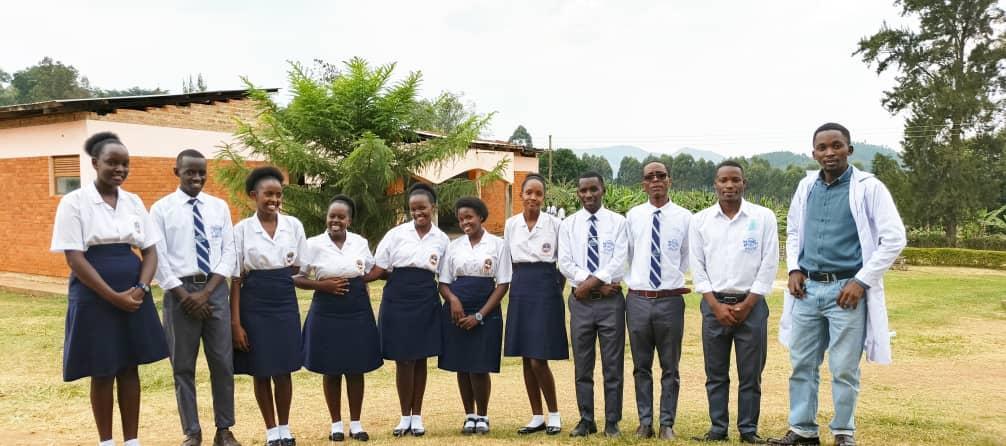Africa-Press – Uganda. As Uganda phases out the old A-Level curriculum, Senior Six students across the country are sitting at a crossroads uncertain of what lies ahead in the job market but equally determined to make the most of their final academic stretch under the traditional system.
The sharp shift to a competence-based curriculum has left the current Senior Six candidates as the last cohort to study under the old syllabus, while Senior Five students are already immersed in the new system that emphasises hands-on learning, innovation, and real-world application.
“This being our last year under the old curriculum comes with mixed feelings,” said Martha Atusimire, a Senior Six student at Bweranyangi Girls School. “On the positive side, we’re being empowered relentlessly, and we’re acquiring valuable academic skills. But on the negative side, the new curriculum is more practical. In the job market, they might choose those under the new system over us because of that.”
While confidence remains among students preparing for the Uganda Advanced Certificate of Education (UACE) exams, there is also growing anxiety about how well the old curriculum prepares them in comparison to their younger counterparts.
“The interaction with external facilitators, especially on question approach, has been very impactful,” said Marvin Alinda, a Senior Six student at Muntuyera High School in Kitunga at the 10th annual grand biology seminar. “We interact on question approach, and this will boost our academic performance.”
Speaking about the impact of this biology seminar on their academic performance, “This is preparing us for UACE and past UACE. It’s also beyond the classroom. We are interacting with facilitators who are already in the field,” added Atusimire.
Teachers are equally concerned. Dr. Edgar Kirabo Richard, who doubles as a biology teacher at Muntuyera High School, pointed to the growing number of students offering sciences under the new curriculum, particularly biology and chemistry.
“The number of biology students under the new curriculum, the number of students offering biology and chemistry, has doubled,” noted Dr. Kirabo.
But this increase presents serious logistical issues. “Biology is a hands-on subject. Practically, you need to do dissection, and every student carries out this by herself,” he explained. “If you have 100 students, we need more equipment and close supervision. Which is not easy.”
Dr. Kirabo added that the biology seminar remains unique. “The ultimate uniqueness of the biology seminar is that it’s only this school that hosts it in Western Uganda. It’s a center of excellence as far as biology and chemistry is concerned.”
Dr. Kirabo continued to give detail about this grand academic event.
“By the time one offers biology and chemistry, that person must have been one of the best performers from whichever school,” he continued. “Converging the best brains of different schools gives an opportunity to gauge yourselves. This helps schools to aim higher.”
Dr. Kirabo noted that this is preparing the students early ahead of their UACE
He also noted the transition taking place in schools. “Today we are phasing out the old curriculum since the new curriculum students have already set in in Senior Five.”
Despite these pressures, platforms to support student revision and collaboration continue to emerge. One such event was the 10th Annual Grand Biology Seminar, hosted at Muntuyera High School in Kitunga, which drew over 800 students from 22 schools in the Western Region under the theme “Science is the Thing.”
For More News And Analysis About Uganda Follow Africa-Press






